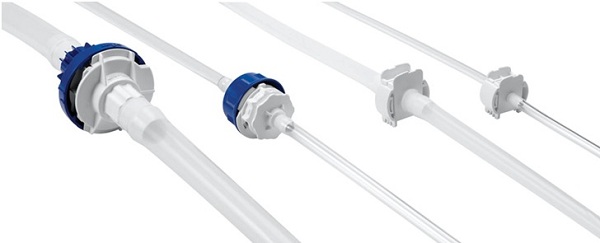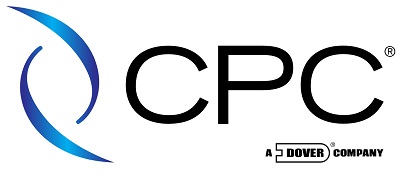As biopharmaceutical companies focus tirelessly on developing a vaccine for the COVID-19 virus, they are expected to both rapidly develop vaccines and then scale up into mass production. In order to achieve to these goals, they must have access to critical components used in their operations.
According to the WHO, some 60 vaccine candidates are now in the pre-clinical trial stage, with current estimations indicating a vaccine may be 12-18 months away. Key players are accelerating this process around the world, including Indian companies such as Zydus Cadila, Serum Institute and Bharat Biotech.
Under such circumstances, it is vital to reduce time-to-market. Single-use technologies deliver the operational flexibility required to meet increased demand. In India, single-use technology has already played an important role in the successful R&D and mass manufacturing of many biologics. Vaccine development for Zikawas carried out on a single-use platform.

Pavan Urs, Applications Development Specialist in India at Colder Products Company (CPC), a global leader in single-use connection technology, commented: “As companies race to provide a vaccine to combat the alarming spread of COVID-19, we have to consider everything possible to accelerate the process – down to a component level. Single-use connectors are an example of the kinds of products that can support biomanufacturing speed and efficiency without sacrificing performance. Aseptic single-use connectors are pre-sterilized, effectively “outsourcing” cleaning and sterilization activities that would otherwise be required in a traditional stainless-steel operation. This reduces validation and operations expenses and helps improve the speed and safety of drug development and delivery.”
Through aseptic connection and operations in a closed system – for example, in post filtration, when product goes for blending and filling –manufacturers can move from Grade A to Grade C or D levels, making the process much easier to maintain and validate
In addition to supporting sterile manufacturing, aseptic gender less connectors offer simple installation, eliminating the need for clamps and fixtures as in the case with tube welding. The genderless design is flexible and efficient because male and female components are not required to create a secure connection. This streamlines both inventory management and installation, which is especially important when operations are moving quickly and cannot afford to stop production for missing parts, mis connected lines, leaks or potential sterility breaches.
Aseptic connectors also provide benefits to biomanufacturers beyond fast, efficient production. For example, Mumps Measles Rubella vaccines were manufactured and stored for three years in disposable bags with aseptic connectors attached. Aseptic connectors also enabled the manufacturer of Insulin to gain USFDA approval by providing the assured sterility advantage required to complete the process.
In these challenging times, the biopharmaceutical industry has proven its readiness to act, and act quickly. Where a reactive approach is required, speed is of the essence, but that speed must be accompanied by an unerring commitment to producing vaccines that are safe, efficacious and available in the quantities required. “Both CPC and the industry as a whole focus constantly on these levels of readiness, and are acting with the utmost commitment to push the boundaries of our combined capabilities at this difficult time,” Pavan reaffirmed.





















